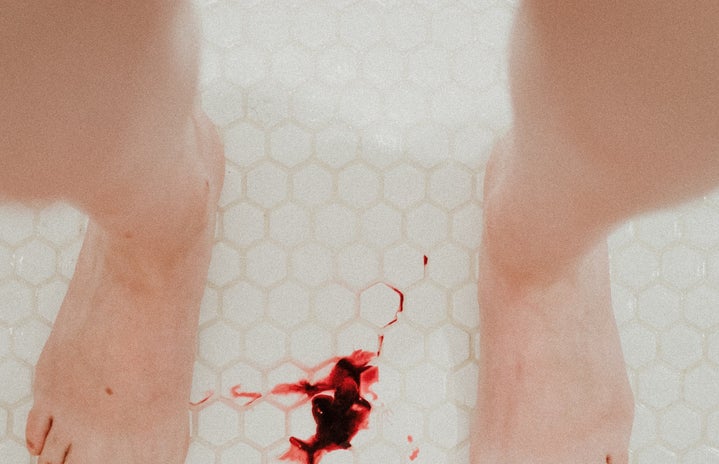Do you ever find it intriguing that any menstrual hygiene post that you come across on social media ends up being a much-needed lesson on periods? Why is it so that a majority of people who themselves menstruate know so little about it? We often find our brain blanking when presented with new questions on things related to menstrual health, issues which we might not be personally dealing with but have still heard about on the street or, more likely, in a comment section of one of the many Instagram pages dedicated to raising awareness about the same.
Initially, when we get our period, most of us feel confused since menstrual practices are still clouded by taboos. Thus, special attention needs to be paid to these important facts about menstrual health :
- KNOWING YOUR METHOD OF SANITATION
A wide range of sanitary products being available to us also leads to not only pros but cons- confusion when it comes to choosing the right one. Be it the classic pads or the new “it” menstrual cup, each one has its own advantage. Although these products vary in use, cleaning/changing them is the common link between all. It is advisable to change pads/tampons every 5-8 hours, depending on one’s period flow. When it comes to menstrual cups, maintaining hygiene gets a bit tricky since you cannot throw away a cup after every use; the menstrual cup needs to be emptied out every 9-12 hours and boiled in water after the end of every cycle. So, whichever sanitary product you may end up picking as your right fit, and beware, a right fit demands multiple trials and errors, be sure to take care of your hygiene!
- UNDERSTANDING YOUR CYCLE
The menstrual cycle is what our body goes through in order to get ready for pregnancy, typically a 28-day cycle but shorter or longer cycles (from 21 to 41 days) are completely normal too. From the beginning itself, all of us have a unique menstrual cycle which changes according to its own pace. Each cycle depends mainly on two things—dietary habits and how active (or not) our lifestyle is. Not only this, but tons of hormones in our body also affect our cycle and make it unpredictable sometimes. That is why our period cannot be on the same day for every month and that is okay. A typical ‘healthy’ period lasts anywhere between 3-5 days, but a period that lasts between 2-7 days is considered normal too. Even though predicting the first date of your period can sound reassuring, there is no need to panic if you bleed a couple of days early or late.
- MAINTAINING HYGIENE
Poor menstrual hygiene can cause a lot of health risks and maintaining menstrual hygiene is especially important during the time of menses. Even though a variety of cleaning products for ‘down there’ are now available and have become quite popular, it is not necessary to use them to keep yourself healthy and clean. Regular washing with water does the trick just fine. The vagina has its own cleaning mechanism and discharges waste with the help of good bacteria. Using soaps and other products is not exactly advisable however if one does use them, it is to be noted that they should not enter the vagina, because they can irritate the skin inside, and only clean the exterior—the vulva.
- WHEN TO GO TO THE DOCTOR
If your periods are too painful or the gap between each cycle is too long, it is advisable to reach out to a health practitioner. One may experience irregular periods due to a variety of reasons. A lot of misconceptions about common hormonal disorders like PCOD are also quite popular, which makes it harder for patients to deal with these conditions in a healthy manner. However, the bottom line is that paying a visit to the gynaecologist is paramount. Early diagnosis and taking care of your body can go a long way.
Menstrual hygiene, thus, is a vital aspect of health education for all age groups. Whether you menstruate or not, knowing a few things about it will surely come to your advantage!


